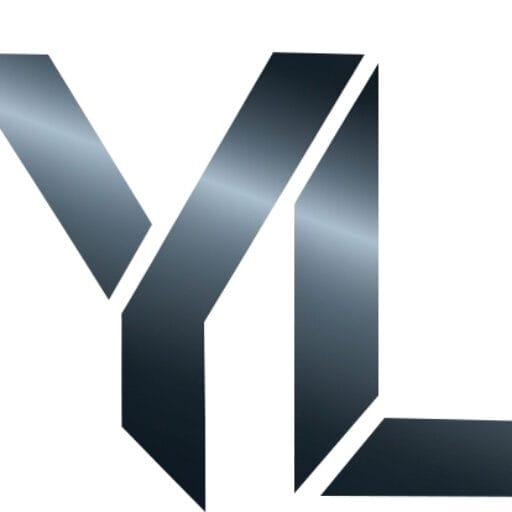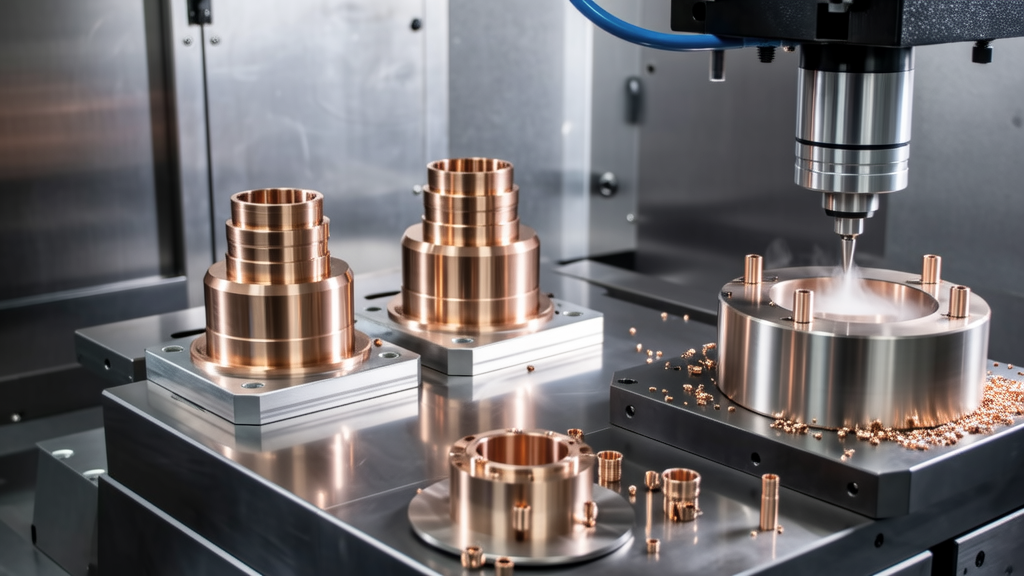Understand Your Project Requirements
Before you even start browsing for CNC machining services, take a moment to jot down what you actually need. This isn’t just about knowing the type of material; it’s about understanding the complexity of your design, tolerances, and quantities. For instance, I once worked with a friend who needed custom aluminum parts for a prototype. He thought going for the cheapest service would save money, but the end product had discrepancies that led to delays and extra costs.
Next, consider if you need secondary processes, like surface finishing or assembly. Many CNC shops can handle multiple steps, which saves time and ensures consistency. When you have a clear outline of your needs, you can better compare services and avoid surprises.
Evaluating the CNC Service Provider
Once you’ve defined your requirements, it’s time to dive into evaluating potential CNC machining service providers. Here’s what to look out for:
Quality of Work
Every shop will tell you they do great work, but seeing is believing. Ask for samples or refer to their gallery of past projects. Check out platforms like LinkedIn or industry forums where you can find reviews and testimonials. For instance, Google reviews and Yelp can provide insights into a manufacturer’s reliability and quality. In my experience, a reputable company will be proud to showcase their work.
Technology and Equipment
CNC technology is constantly evolving, and older machines might not give you the precision or speed you need. Ensure that the service provider has updated equipment capable of handling your project requirements. If your design is intricate, look for shops that employ 5-axis CNC machines, as they can execute complex geometries that a 3-axis machine simply can’t.

Communication and Support
Open communication is vital. You should feel comfortable asking questions at any stage. A company like Ly-Machining thrives on clear communication; I often keep clients in the loop about their projects, which makes them feel secure and valued. If a service provider is slow to respond or dismissive of your queries, it might be a red flag regarding their customer service.
Pricing and Quotes
Once you’ve narrowed down your options, it’s time to request quotes. However, don’t always go for the lowest price. Instead, consider what each quote includes, such as design support, finishing, and delivery times. I’ve seen clients get lured by lower quotes only to end up with hidden fees that wipe out their savings.
Here’s a quick table to compare key aspects:
| Aspect | Service A | Service B | Service C |
|---|---|---|---|
| Quality of Samples | Excellent | Good | Average |
| Technology Used | 5-axis CNC | 3-axis CNC | 5-axis CNC |
| Communication | Responsive | Moderate | Poor |
| Estimation Time | 2 weeks | 3 weeks | 1 month |
Final Checks and Selection
After gathering all this information, compare your notes and see who aligns closest with your needs. A good CNC machining service should also offer support for the design phase. They might provide insights or suggestions to optimize your design for manufacturing, which can save you time and money.

If you’ve tried this method and feel a bit lost from this point, don’t hesitate to reach out and share your experiences. I’m always here to help you navigate through this decision!
What types of projects are best suited for CNC machining?
CNC machining is incredibly versatile and can handle a wide range of projects, from simple parts to complex prototypes. Ideally, it’s best for projects that require high precision and repeatability.
For instance, industries like aerospace, automotive, and medical often leverage CNC machining for components that need tight tolerances, typically ranging from ±0.01 mm to ±0.1 mm depending on the machine and technology used.
How do I evaluate the quality of a CNC machining service?
To gauge quality, start by asking for samples or looking at a portfolio of previous work. Many CNC shops will have a gallery of their projects that demonstrates their capabilities.

Additionally, don’t forget to check reviews on platforms like Google or industry forums. Aim for services that have a strong reputation for quality, as this can save you from costly mistakes later on.
What should I consider regarding the technology used in CNC machining?
The type of CNC technology you require depends largely on your specific project needs. For intricate designs, you might need a provider that utilizes advanced 5-axis CNC machines, which offer greater flexibility and precision than 3-axis machines.
Keep in mind that the technology directly affects your production speed and cost, so make sure to discuss the capabilities of their equipment before making a choice.
Why is communication important when choosing a CNC service provider?
Open communication is key to ensuring that your project runs smoothly. You should feel comfortable asking questions at any stage of the process. A good provider will be proactive in keeping you updated and making sure your specifications are understood.
I’ve seen projects go south simply because there was a lack of clear communication. Look for a provider who is responsive and willing to engage throughout the entire process.
How do I determine fair pricing for CNC machining services?
When it comes to pricing, don’t just look for the cheapest option. Request quotes from multiple providers and compare what each includes. Some quotes might seem low but have hidden fees for finishing or assembly services.
Understanding the full scope of what you’re getting can help you make a more informed choice. Usually, you’ll find prices for CNC services vary widely depending on material, complexity, and quantity, so it’s worth doing your homework.



